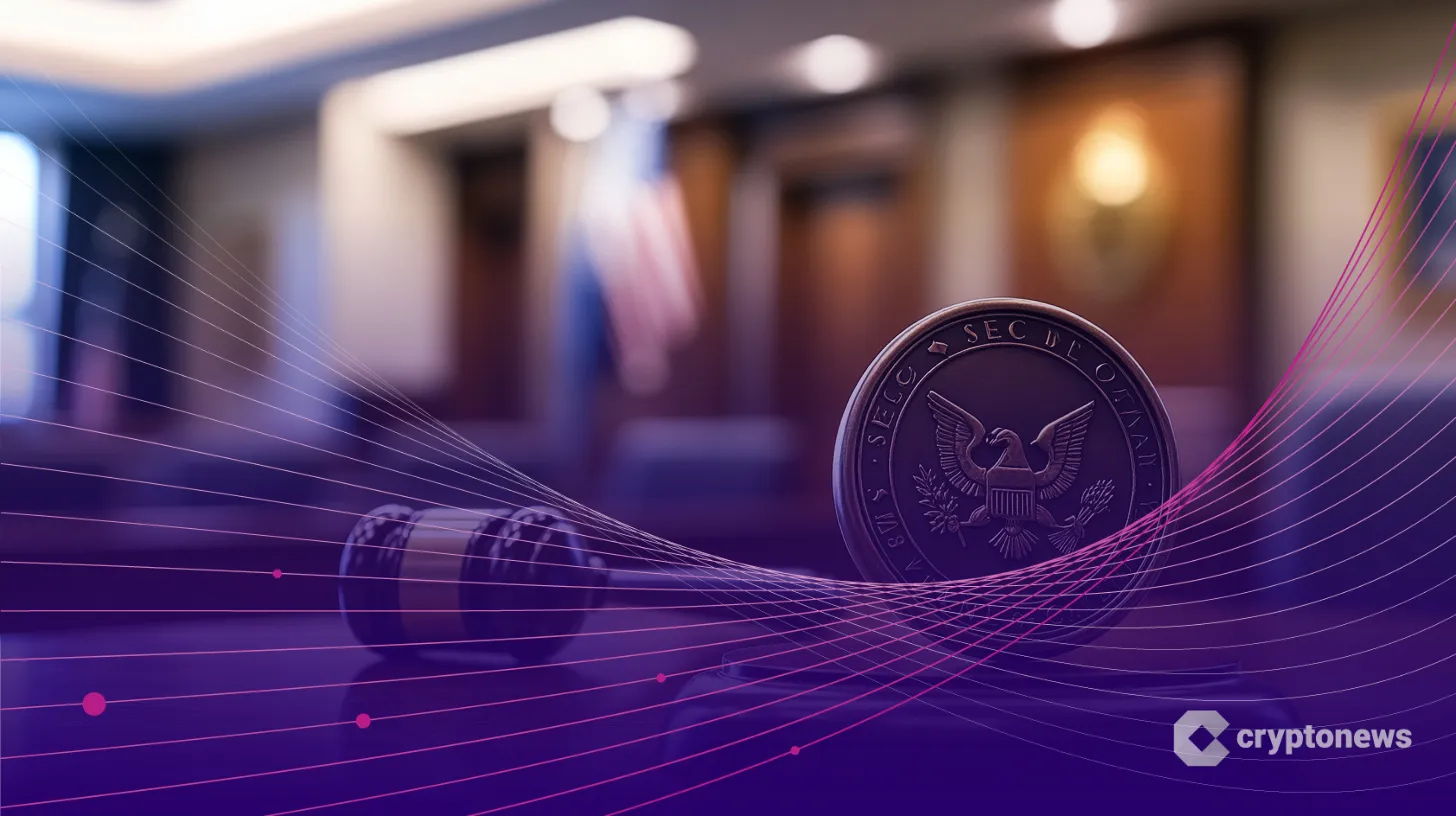Last updated:
 Why Trust Cryptonews
Why Trust Cryptonews

On February 19, the U.S. Securities and Exchange Commission (SEC) dropped its appeal against a federal court ruling that struck down its controversial broker-dealer rule. This marks a significant shift in the SEC’s stance on crypto regulations.
SEC’s Decision to Drop Appeal on Broker-Dealer Rule
In February 2024, the SEC introduced a rule classifying decentralized finance (DeFi) platforms and crypto entities with over $50 million in capital as brokers and dealers. These entities would be required to comply with stringent registration processes.
However, the SEC rule faced pushback from crypto industry groups, who argued that it imposed unrealistic compliance burdens on platforms lacking central operators.
The SEC’s rule was challenged in court by the Blockchain Association and the Crypto Freedom Alliance of Texas, among others. These groups argued that the rule overstepped the SEC’s regulatory authority.
In November 2024, U.S. District Judge Reed O’Connor of the Northern District of Texas ruled that the SEC had exceeded its statutory authority in attempting to enforce the rule.
The judge stated that the SEC’s SEC rule was “untethered” from U.S. securities law and could potentially harm the growing DeFi sector by imposing compliance requirements designed for traditional financial institutions.
Industry Reactions to SEC’s Withdrawal
The cryptocurrency industry approved the SEC’s decision to drop its appeal. The industry had expressed concerns over the regulatory burden that the SEC rule could place on DeFi platforms.
Many industry leaders believe the rule would stifle innovation by imposing difficult requirements for decentralized platforms.
Hester Peirce, an SEC commissioner, described the rule as an “unlawful power grab” and criticized the agency’s attempt to expand its jurisdiction beyond what was authorized by law.
Her comments reflect a growing sentiment within the crypto regulations community that the SEC had overreached in its efforts to regulate decentralized platforms.
The decision to drop the SEC appeal also coincides with a shift in the SEC’s leadership. Under former Chairman Gary Gensler, the SEC aggressively pursued crypto regulations, including high-profile cases against major crypto firms.
However, the agency has moved toward a more measured approach, with Mark Uyeda now leading the SEC. This shift suggests that the SEC may reconsider its enforcement actions, particularly those targeting the cryptocurrency sector.
Uyeda’s leadership is expected to change the way the SEC handles crypto regulations, focusing on ensuring that regulatory measures are fair and balanced. This aligns with U.S. regulators’ converted efforts to work on crypto regulations.
Recall that President Donald Trump’s move, in January, signed an executive order to develop a regulatory framework for digital assets in the U.S.
In addition to the SEC’s recent changes to its approach, the agency’s acknowledgment of Bitwise’s spot XRP ETF application is another sign of shifting attitudes.
This move could help bring XRP into traditional financial markets, offering investors a regulated way to access the cryptocurrency.


















